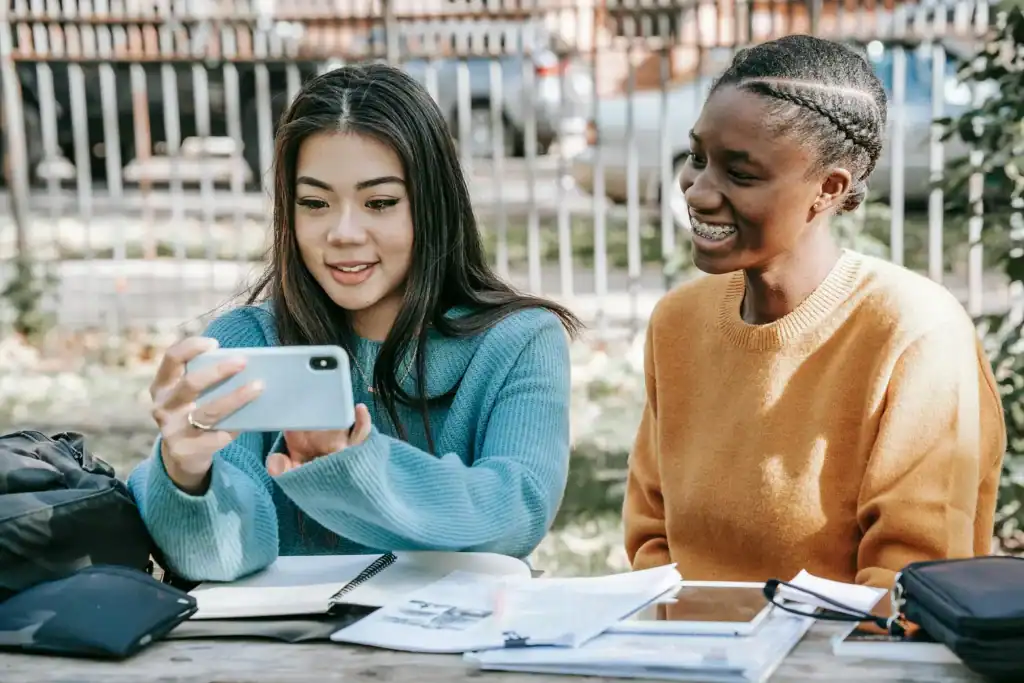Experiential Criminal Justice Learning
I feel incredibly fortunate to learn from the next generation. At Impartial, we’ve built nearly everything with the help of a small army of volunteers—most of them under 30, including a remarkable 15-year-old writer. Their intelligence, creativity, and passion have been instrumental in our journey.
While most of our collaboration happens virtually, our prison artwork program requires hands-on help. Volunteers come together to process artwork—inventorying, measuring, describing, answering correspondence, and photographing each piece. These sessions have been unexpectedly enriching, providing opportunities to exchange ideas while admiring incredible artwork and learning the personal stories behind it.
Our volunteers are exceptionally talented and driven. Conversations often drift to their studies, career aspirations, and the challenges they face in navigating their futures. One volunteer recently shared his perspective on experiential learning, contrasting passive consumption—like social media or TED Talks—with the active process of doing and reflecting. This struck a chord with me, as it aligns closely with how I approach sharing my prosecution experience.
About a year ago, I developed an interactive prosecution class based on my own six-year legal case. When a college student volunteer asked me to present my story to her class, I decided to create an immersive experience. In this program, students take on roles—judge, defense attorney, defendant—and read actual trial excerpts, depositions, and hearing transcripts. The result is part evidence, storytelling, part role-play, with time for discussion and reflection. What I like most about the experience is that we can discuss possibilities. While we are grounded in what actually happened, we discuss what should have or can happen moving forward.
It feels like we are planting seeds for the next generation to decide what bothers them the most and that they will take issue with it with their peers.
This method has been surprisingly impactful based only on the few times I have done it. The students and professors feel that it is a meaningful and novel approach. Students gain a deeper understanding of the complexities of the criminal justice system by engaging directly with real-world material. It’s not just a lecture—it’s a collaborative exploration of justice.
I’m no expert, but I’m committed to making this experience as meaningful as possible. In fact, I’ve been invited to present this concept on a panel and workshop at the Academy of Criminal Justice Sciences National Conference in March 2025, and several law professors have asked me to bring it to their classrooms.
At Impartial, our mission is to create meaningful change in the criminal justice system. Empowering and inspiring the next generation of justice leaders through initiatives like this feels like a way to help achieve that goal.
Diane is the Founder of Impartial. Through her own unfortunate prosecution, Diane learned firsthand what the US criminal justice system is. She shares information, stories and possibilities about what our criminal justice is and could be.
Diane Wells

